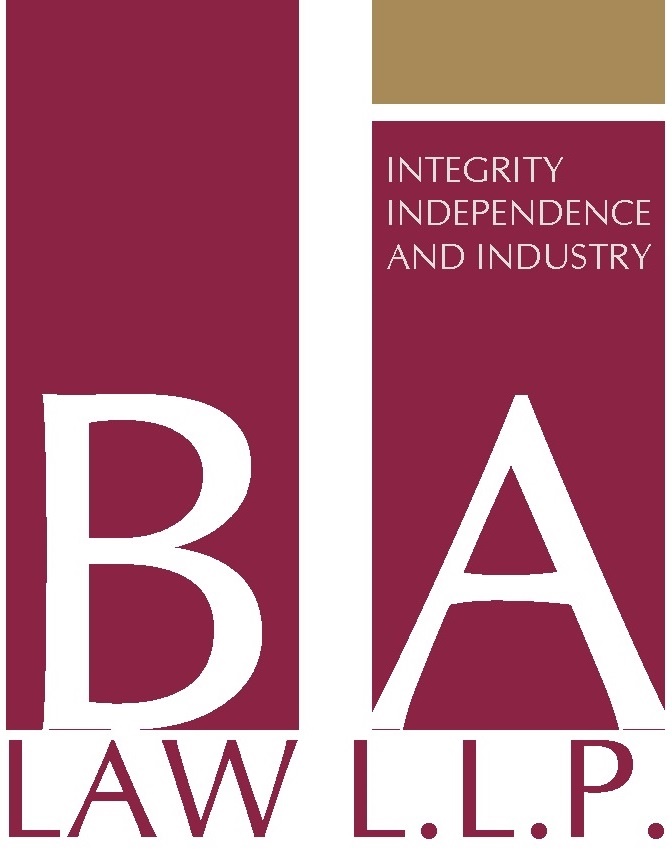[vc_row][vc_column][vc_single_image image=”1114″ img_size=”full” alignment=”center”][vc_column_text]
INTRODUCTION
The concept of democratic legitimacy, transparency and government accountability remains crucial to the stability of our society, and all aspects of good governance are facilitated by an independent and free media. Conversely, an indication of bad governance is a clamp on the freedom of the press.
In recent times, traditional and progressive media i.e social media in particular has become a useful tool in more ways than one. Perpetrators of injustice have been exposed through the numerical strength of tweets, posts and bulk sharing of messages. Issues of national importance have been debated, analyzed and opined on, and criticizing government policies and other issues that concern the citizenry as a whole is never farfetched.
PRACTICAL EXAMPLES OF THE NEXUS BETWEEN THE MEDIA AND GOOD GOVERNANCE:
- OMOYELE SOWERE
The Nigerian Human Rights Activist and founder of Sahara Reporters, Omoyele Sowore’s arrest and detention is a classic example of an incident that stirred outrage on social media. The media remained focused on the mandate of the Executive to obey the Court orders directing his release. The media also exposed the flagrant disregard for the rule of law and the high handed and obstinate refusal of the Government to obey this Court order. Ultimately, the relentlessness and determination of the people was the catalyst that compelled the Government to follow the Rule of Law.
- OPERATION AMOTEKUN
Following the spate of insecurity to lives and property in the south west, Regional stake holders, leaders of thought, traditional rulers and more significantly the Governors of the South West Political Zone came together to establish and inaugurate the AMOTEKUN Security operation. The launch became major headlines and the media sustained the narrative. It was a meeting point between the Government and the Governed on the South West geopolitical Zone.
The initial vehement opposition by the Federal Government of Nigeria through the Attorney General of the Federation was eventually eroded by the unrelenting reportage by the media which evidently set the tone for the acceptability of Amotekun. Amotekun, which is an offspring of the failure of the Security Architecture in the country, is a breath of Fresh Air and a product of good governance sustained by the support of the media.
SUSTAINING GOOD GOVERNANCE THROUGH THE MEDIA
The independence and participation of the media is in effect the participation of citizens in the decision making process. The goal is to aid transparency and accountability which remains a budding problem in our society. The Transparency International Report is a catalyst for debate as Nigeria as it is reported as follows:
“Nigeria has dropped on Transparency International’s yearly corruption perception ranking, moving two places down to rank the world’s 34th most corrupt nation. The negative result from this year provokes tough questions. Despite the proclaimed war on corruption, why is Nigeria perceived by Nigerians and the international community still as very corrupt? The Government of Nigeria claims winning the war on corruption, but is this statement backed by evidence? AuwalRafasanjani of CISLAC said in a statement: As every year, when results are not favourable to the Government, the CPI, CISLAC and all other critical citizens will be dismissed, branded as unpatriotic and some activists may even be physically attacked.
Instead of analytically discussing why Nigeria does not seem to be winning the war on corruption, the Government and her supporters will spend taxpayers’ resources and precious time on denying the obvious – Nigeria does not make much progress in the fight against corruption!
The group provided possible explanations on why Nigeria has failed to improve in corruption perception index despite the government’s declared “war on corruption.”
1. Nigeria’s rule of law is selective – the rich and powerful do not play by the rules
2. Backlash against media and civil society damages Nigeria’s anti-corruption effort
3. Institutionalized corruption in political parties and political integrity
4. Poor understanding of the definition of corruption and how t0o tackle it
5. Anti-corruption legal and policy framework is underdeveloped
6. Inability to implement recommendations on anti-corruption
7. Corruption in vital sectors such as oil and gas and defence is endemic”
CONCLUSION
We realize that as a nation, we have our work cut out in creating an enabling framework that promotes the significant involvement of the media in fighting the corruption we so desire to eradicate and in achieving good governance.
It is our collective duty to speak out in unison, and wield the power of the media, refusing to cower or be silenced. We must ensure the government’s acceptance of unpopular viewpoints whilst guaranteeing that the media remains a channel for speaking for the people, representing the interests of the society and serving as a check on the government.
PUBLISHED BY: BA LAW LLP
[/vc_column_text][/vc_column][/vc_row]

